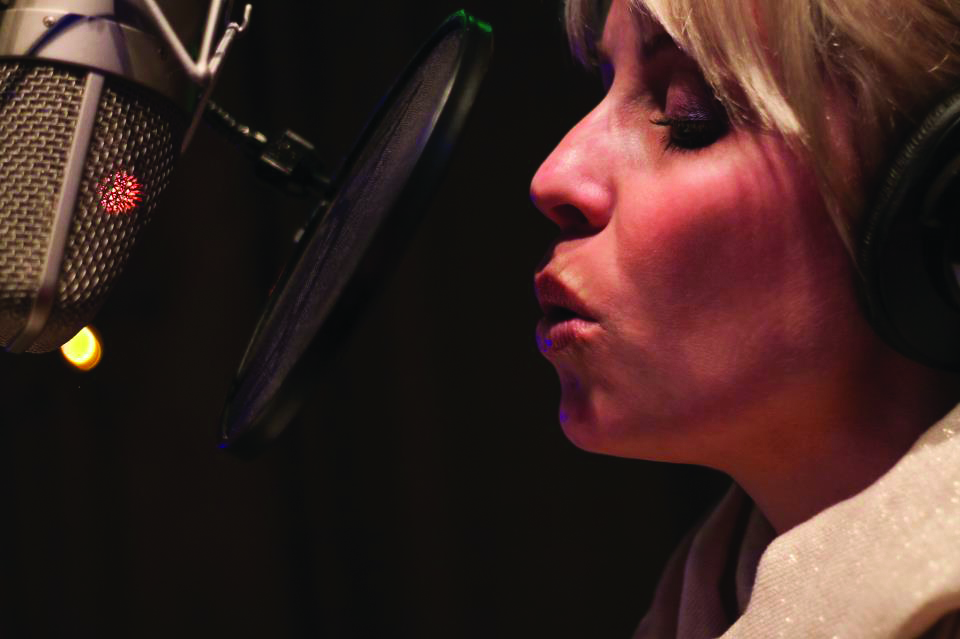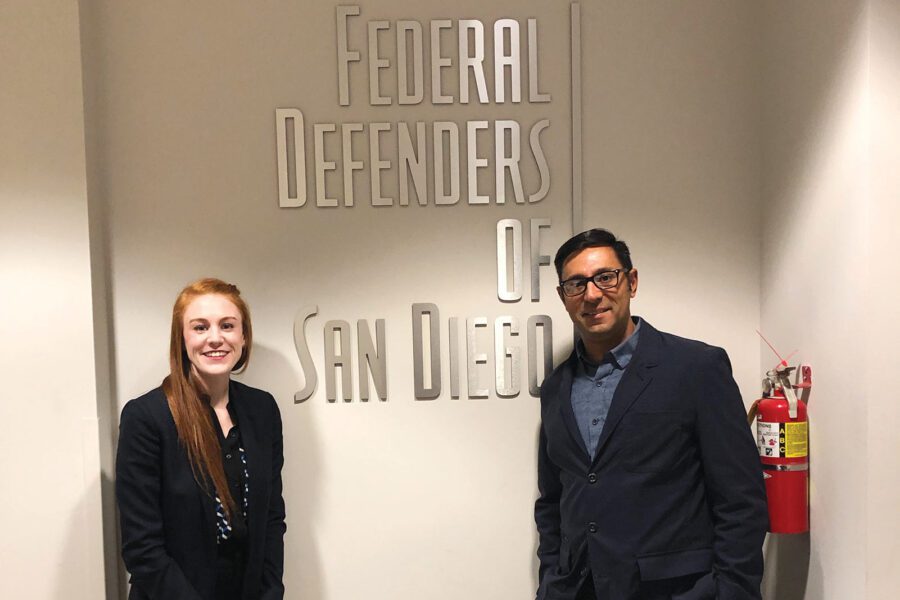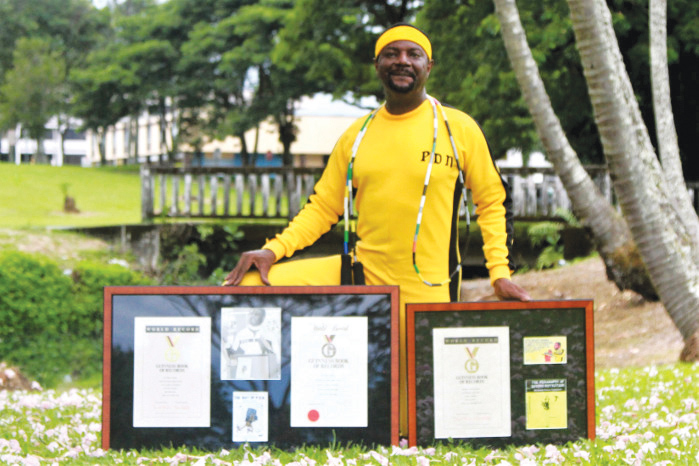Millions of people have heard Darby Bailey’s ’08 (Los Angeles, BA in Liberal Studies) voice. That’s because billions of calls have been made to 4-1-1 directory assistance with Bailey’s voice responding. Her voice is so well-known, it was used as a parody in a sketch on “Saturday Night Live” (Julie the Operator Lady).
The Salt Lake City native began her career doing the graveyard shift in college radio. A life-long singer and songwriter, her intention was to act. “The voice-over thing kind of happened and snowballed,” Bailey says.
In the late 1990s, she was part of the first audio and voice team at Tellme Networks, Inc. (a subsidiary of Microsoft). Darbot, their speech recognition system, was modeled on Bailey’s voice.
Having always had the desire to write plays, movies, and music, Bailey also wanted to complete her bachelor’s degree. She was looking for creative writing programs when she attended an open house at Antioch and met faculty member Donald Strauss ’94, ’00, ’15 (Los Angeles, BA Liberal Studies; Los Angeles, MFA in Creative Writing; New England, PhD in Environmental Studies), who would become her advisor. “He told me to come to class and keep writing,” Bailey says.
Now living back in Salt Lake City after many years in California, she maintains her contracts with the companies she worked for early on in her voice-over career—American Express, Fidelity Investments, Verizon, and UPS among them. She continues to actively seek voice-over work but is selective about what she records so she can spend more time on her life-long passions including creative writing.
While back in Utah, Bailey began to notice some things weren’t feeling right with her. “My ears were ringing, I was having sensory processing disorder symptoms and suicidal thoughts. I was ready to walk out of my job every day,” she says. On a hunch, she took the Aspie Quiz online. “I learned I was very likely on the autism spectrum,” she says.
Shortly after taking that quiz, she was diagnosed with high-functioning Autism Spectrum Disorder. Other family members (she has six brothers) were long since diagnosed with ADHD. Once she learned she had a genetic deficiency that was causing her symptoms, within a few days she felt much more calm.
“The diagnosis has freed me,” Bailey says. “It’s allowed me to be the creative person I want to be again and a chance at a life that’s my own.”
Since then she’s learned about masking, a process in which a person changes or “masks” their natural personality to conform to social pressures, abuse and/or harassment. “Now I can catch myself when I start to mask,” she says.
Her diagnosis has informed the creative direction in which she’s headed. In addition to her voice-over work, she’s started an online book store, Sleeping Bard; she’s been producing music; and she’s in a low-residency PhD program at Regent University, where she’s studying assistive technologies and narratives in robots, film, and technology.
“There’s a huge shortage of support for autism in the arts,” she says.
Now that she has a diagnosis, she’ll continue to work on herself and her art through a new filter.
“I’m in a safe space now,” Bailey says.



